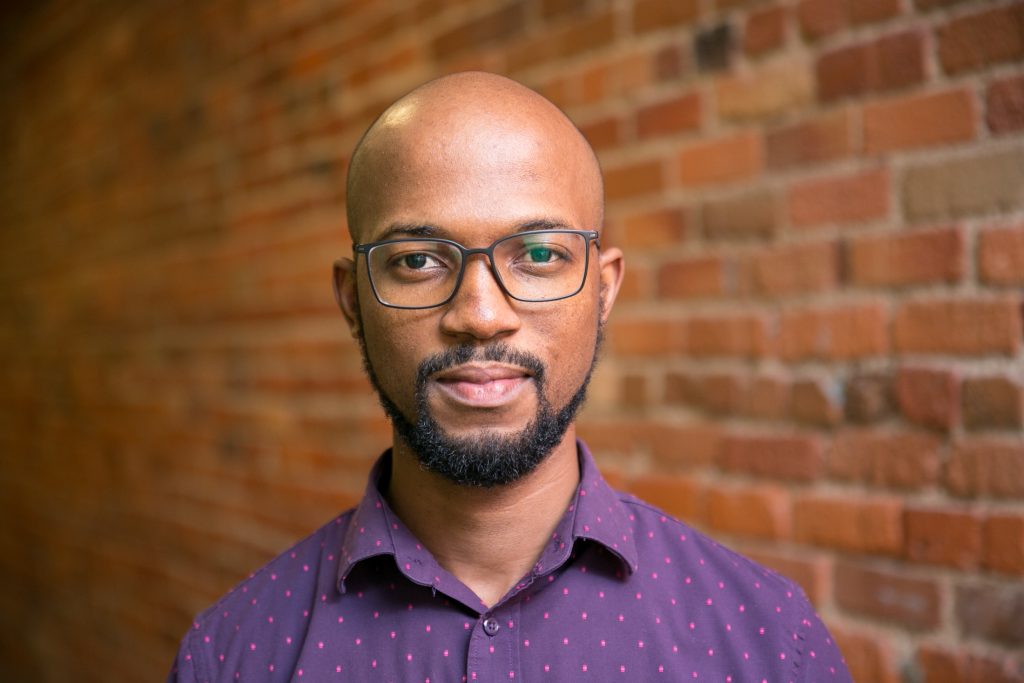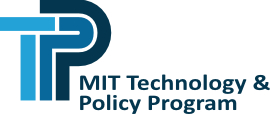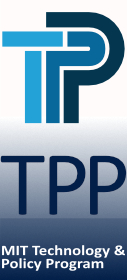
Access to energy, education, and experience in Africa
A mechanical engineer, Thandolwethu Zwelakhe “Shakes” Dlamini co-founded an education nonprofit in his home country of Eswatini, worked for an African energy company to learn more about electricity access, and now studies mercury emissions as a student at TPP.
What is the focus of your research? What sort of knowledge and disciplines does it bring together? How will it make an impact?
Using quantitative techniques and atmospheric modelling, my research seeks to answer the question: How much mercury is emitted to the atmosphere from Artisanal and Small-scale Gold Mining (ASGM), globally and regionally? Answering this question is part of a broader research project funded by the U.S. National Science Foundation to analyze mercury use and its effects on human well-being, using the perspective of an integrated human-technical-environmental system and an interdisciplinary matrix-based approach.
This project brings together research on atmospheric modeling, sustainability, governance, power, race, and gender as these are critical components of the integrated human-technical-environmental system framework for dealing with sustainability problems.
Our work is meant to inform global-scale decision-makers to help them design effective strategies to address ASGM, engage communities to support awareness-raising and policy engagement, and support education and training in cross-disciplinary research-to-action.
Why did you choose to come to TPP?
I took a gap year between my junior and senior year of my undergrad to work for an energy startup company in Lesotho. I had completed most of the technical courses required for my mechanical engineering major, and I was curious about the relevance of the skills I had gained in solving one of the critical problems of communities like mine: inadequate access to energy.
While working in Lesotho as an energy access fellow for OnePower, a company whose CEO is a TPP alum, I realized that my technical skills alone were not enough in the development of solutions to complex problems such as lack of electricity. A broader understanding of policy, economic, and regulatory frameworks proved essential.
I chose to come to TPP because I believed that it was the best program for me to advance my technical skills while integrating lessons in economics and policy so that I could better advocate for issues that I care about.
What do you like about the MIT community? What do you do in your spare time?
I appreciate how supportive people have been, especially the second year TPP students and different members of my lab group. The transition into MIT and research while remote has not been easy, and would have been considerably difficult without the help of my colleagues.
I also joined a student group called the Academy of Courageous Minority Engineers (ACME), which is a community of support and peer mentorship for minority graduate students and young professionals at MIT. We have weekly accountability meetings – I have enjoyed and learned a lot from them.
I am a co-founder of an education nonprofit in my home country called The Knowledge Institute. Our mission is to democratize access to opportunities for youth to advance themselves. I spend most of my spare time supporting the team in Eswatini and working on various projects that we have in our pipeline. I also enjoy cooking and playing with my cat.



